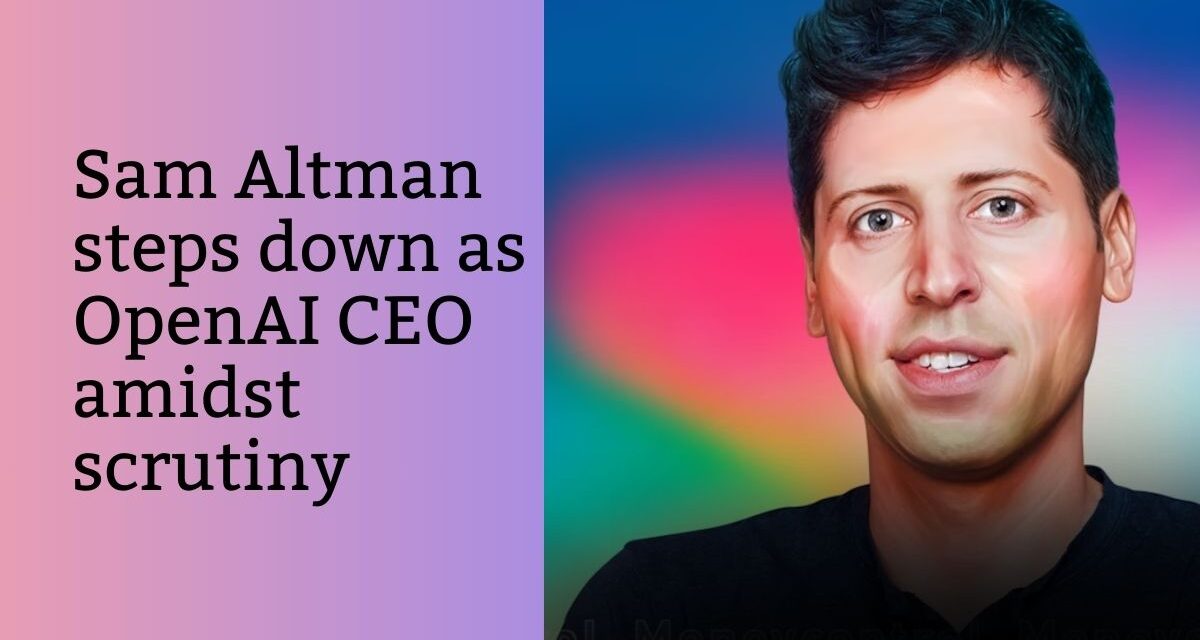In a surprising turn of events, Sam Altman, the co-founder and CEO of OpenAI, has resigned from his position effective immediately. This decision comes after a thorough review by the board of directors, which concluded that Altman had not been “consistently candid in his communications” with the board.
Altman’s departure marks a significant shift for OpenAI, an organization that has been at the forefront of developing artificial intelligence (AI) technology. Under Altman’s leadership, OpenAI has made significant strides in advancing AI capabilities, releasing groundbreaking tools such as ChatGPT, a large language model capable of generating human-quality text.
However, OpenAI’s advancements have also come under increasing scrutiny, with concerns raised about the potential for misuse of its technology. Critics argue that OpenAI’s tools can be used to create harmful or misleading content, raising ethical concerns about the responsible development and deployment of AI.
Altman’s resignation appears to be a direct response to these concerns. The board of directors’ statement suggests that Altman’s lack of transparency in addressing these issues eroded their confidence in his ability to lead the organization effectively.
With Altman’s departure, OpenAI finds itself at a critical juncture. The company must now navigate the complex landscape of AI development, balancing innovation with the responsibility to ensure that its technology is used for good.
OpenAI’s new leadership faces a daunting task, but it also presents an opportunity for the organization to redefine its approach to AI development. By prioritizing responsible AI practices and fostering open communication with stakeholders, OpenAI can regain public trust and continue to shape the future of AI.
Conclusion
Sam Altman’s resignation from OpenAI underscores the critical importance of responsible AI development and deployment. As AI technology continues to evolve, organizations like OpenAI must prioritize ethical considerations and work collaboratively to ensure that AI is used for the benefit of society. By fostering open communication, establishing safeguards against misuse, and engaging with stakeholders, OpenAI can navigate this complex landscape and shape a future where AI is a force for good.



